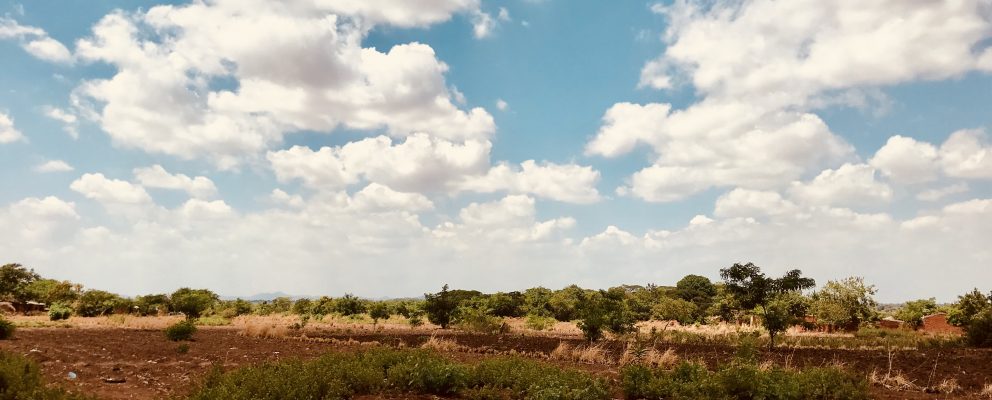
Institutional-sustain-a-what?
Defining a ‘successful project’ cannot simply be evaluated at the end of an organizational timeline.
Spring—the time in the year when we clean out our closets, prep the garden, exercise healthy routines, and just generally try to be better than we have over the past few months of hibernation. Typically, this necessitates some serious soul searchin’ on how to better ourselves and (hopefully) sustain the gains we make. But how often do we as institutions or organizations take the time to inwardly reflect on our organizational strategy? Or perhaps more importantly, how do organizations reflect on how we can design projects that sustain impact in the long-term?
Well, this consideration is what some development professionals refer to as “Institutional Sustainability.” Hold on, rewind, institutional-sustain-a-what? Sustainability has become somewhat of a buzzword in the development sector, but what does it really mean?
At WASH Catalysts in Malawi, we refer to it as the ability of permanent institutions to sustain development gains in the absence of project funding.
So how does this play into the bigger picture of achieving clean water and sanitation, or SDG 6, in Malawi?
Let me simplify: imagine a community that does not have access to a water point. It sounds like a good idea for an NGO to go in and drill a borehole, right? If you answered yes, you’re not wrong, it’s a terrific starting point. Typically, this process involves consultations with the community, a geological survey to determine if the environmental conditions can support/sustain a borehole, and somewhere in this process, usually at the very end of the project, there is some sort of training for the community (to grossly simplify the entire process).
More often than not, ad-hoc community training is how sustainability is addressed in these projects. While training communities to maintain boreholes undoubtedly has merit, ad-hoc training can frequently lead to poor community ownership over projects not to mention that people move, pass away, or simply forget. Putting this sustainability measure into a local context, if someone teaches you how to change a tire and you don’t get a flat for a year or two, you are going to have a tough time remembering how to do it.
Like most springtime resolutions, identifying a goal or a need for change is only the first step. Just like recognizing that there is a need for more sustainable policies and procedures – while a great first step – is essentially meaningless without action. Building on 10+ years of successes and failures, these considerations are what the WASH Catalysts team in Malawi is currently encouraging other stakeholders in the WASH sector to consider. They do this through consulting for other NGOs on their project sustainability; they work to ensure that sustainability is incorporated into the training curriculum for actors across the sector; they advocate for the devolution of funds to the district level instead of temporary funding, and this is just naming a few initiatives currently at play.
So as the warmer weather inevitably encourages personal reflection, I encourage you all to reflect more broadly on your ventures, their strategies, and the way you can be an advocate for sustainable change.
(This article was written Chelsea Madryga, a fellow working for WASH Catalysts with Engineers Without Borders (EWB) Canada)
